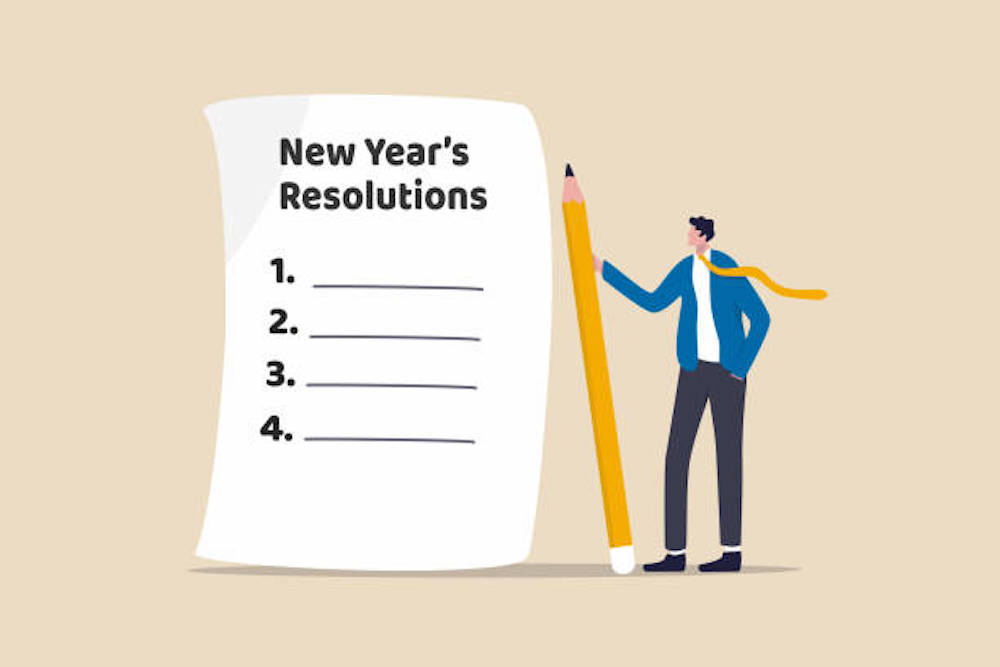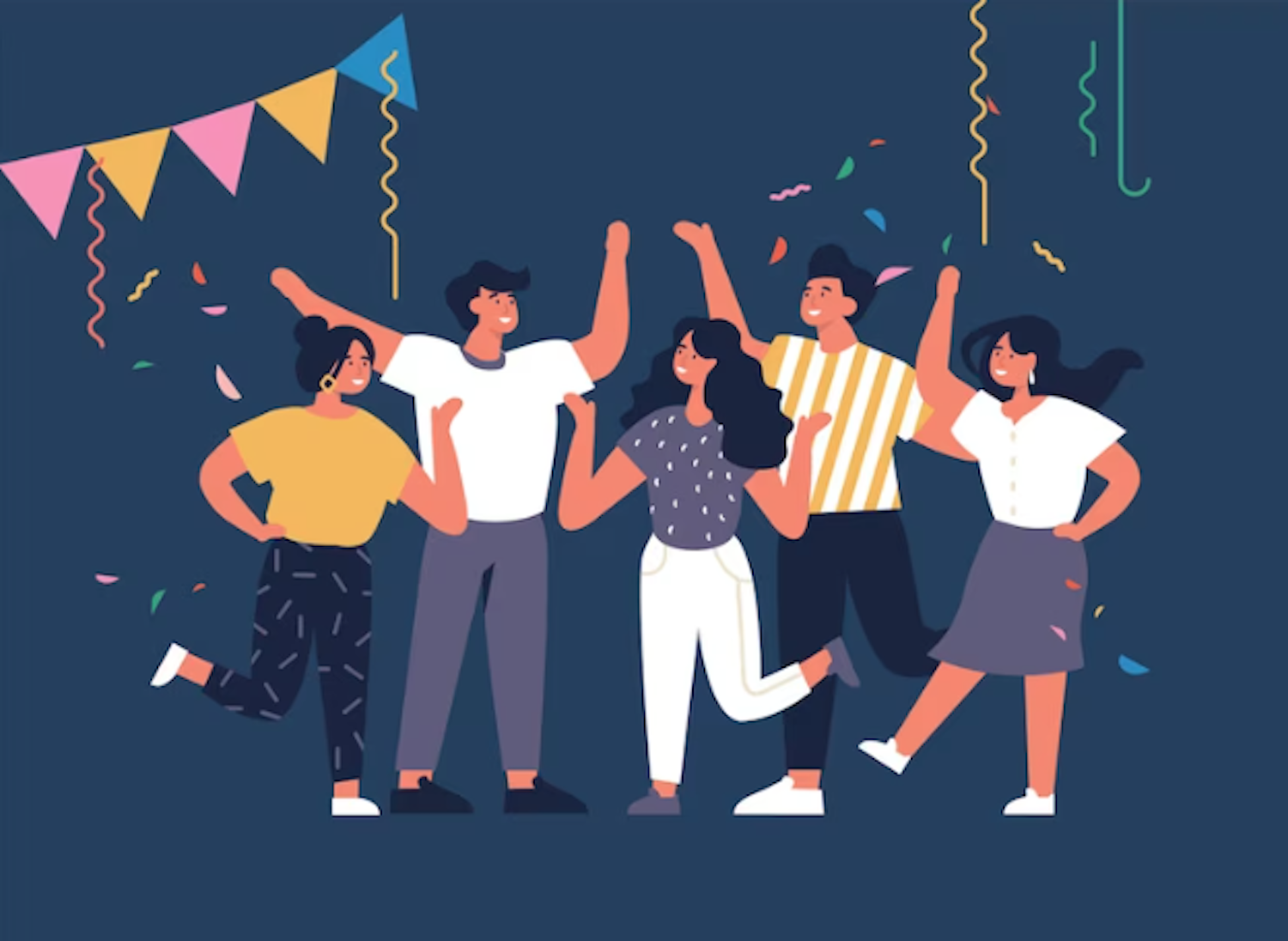Considering a New Year’s resolution? Let us invite you to rethink the “resolution” idea.
Exact statistics aside, it is common knowledge that the vast majority of New Year’s resolutions end in perceived failure and disappointment. That is not the way to start your year on a positive note around the goals you wish to meet. Furthermore, there is a tendency to create a “resolution” around something we may be struggling with for some time, or may already feel a sense of failure, shame, and discontent around. For those reasons, our New Year’s resolution goals may be fuelled by high hopes, deprivation plans, and thoughts of delayed gratification. If reading this does not make you feel motivated and joyful, don’t worry. You are not alone.
You may consider different types of motivation, as you dream up your goals for 2024. We keep it short and simple here, but feel free to dive into some research. Motivation is a fascinating field.
Let’s visit the old comparison between “journey” versus “destination”. This is similar to comparing “goals” versus “habits”. When pondering about past unmet goals and resolutions, what do you recognize may have prevented sustained progress? Did your process need some fine-tuning? Did you over-focus on the “destination” at the cost of the “journey”? When we lack a steady, manageable, and buildable process, we may either quickly give up or learn to rely on dissatisfaction and deprivation to meet our next milestone. These options do not sound sustainable, and if you are one of the few people who can keep that “dangling carrot” moving for a while, you may end up missing out on some joy, pride, and celebrations for all the small positive habits, changes and adjustments you make along the way.
If you are wondering about what you can do differently this year, we have a few simple suggestions:
- Learn about creating simple habits as you set bigger goals. We suggest some great reads, such as “The Power of Habits: Why We Do What We Do In Life and Business” by Charles Duhigg, and “Atomic Habits” by James Clear.
- Consider a linear process that can lead to the goal you are trying to achieve. For example, if you want to learn to cook, think through the steps of acquiring a new skill. This seems over simplistic but is often overlooked. Do you have the tools? Did you learn the steps to make what you want to make? Did you schedule learning and practice on your days off? Are you expecting to be proficient in a new skill at dinnertime on a weeknight?
- Consider each step you take, as mileage on your journey. You can take continuous and sustainable small steps and end most days winning.
- Be specific. When you do not understand your next achievable step, it is hard to take it.
- Focus on what you are doing differently, not always the control you have over your gains. If you pay more attention in class and book more time to study, you are likely on your way to increased academic success. A single grade depends on other variables we cannot always control.
- Celebrate the gratification of small changes. If all you do is commit to placing your car keys in the same place when you get home, you can close 2024 without losing them again! You can also appreciate each day you don’t arrive late because you have your keys.
- Ask for help when you need it! Asking the “how” question more often can help you meet your goals by learning from the journeys and success stories of others.
At Synergy Counselling, we can help you to consider simple and achievable steps to meet your goals. We will be here to help you at any time of year.


